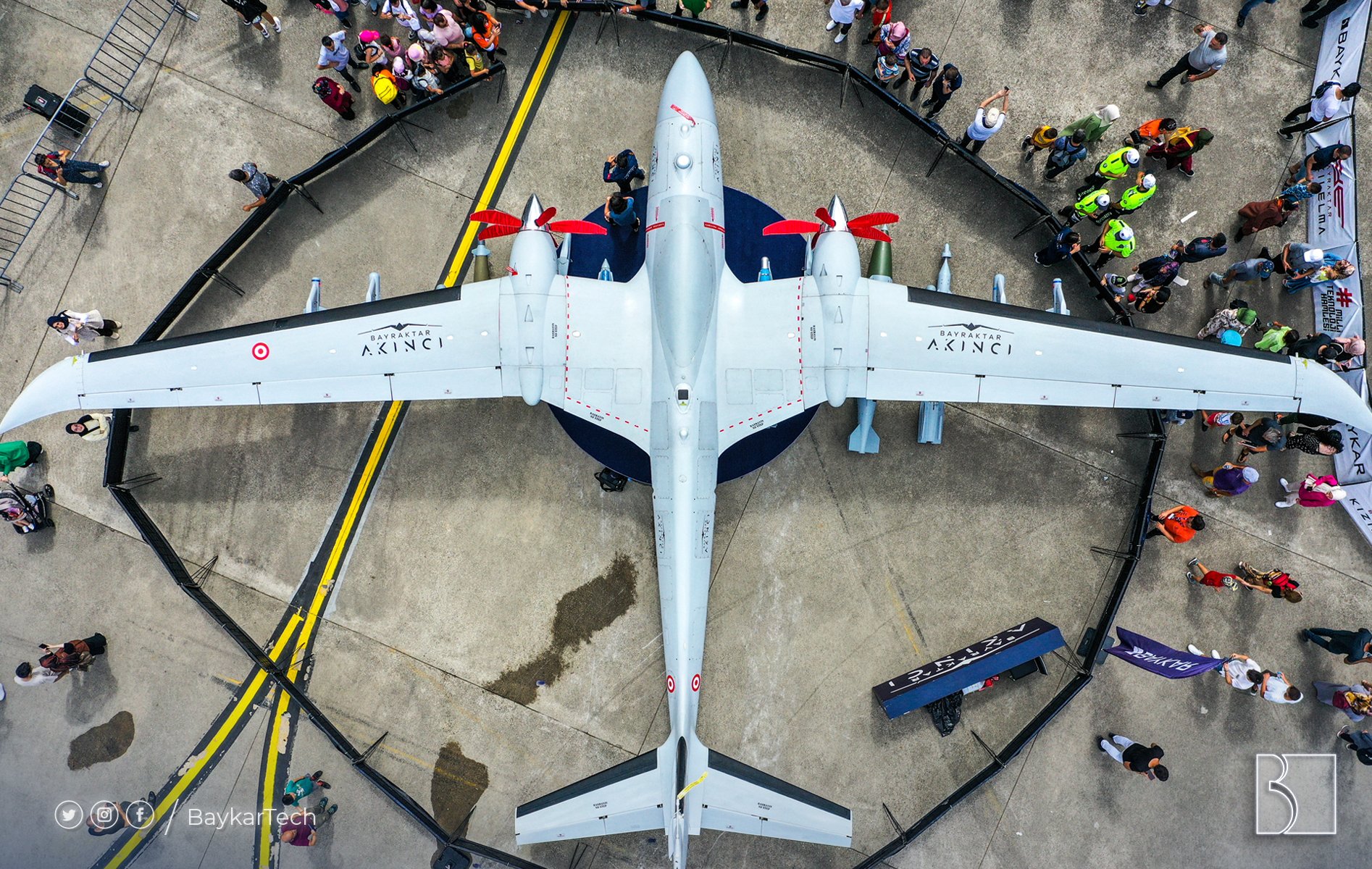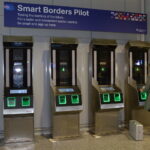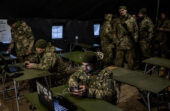The Turkish military uses its drones at home and abroad in violation of international law, and foreign buyers also follow this practice. The country’s drone industry is aiming higher.
Qatar, Kyrgyzstan, Turkmenistan, Pakistan, Somalia, Morocco, Tunisia and Serbia: the list of countries that have ordered the Turkish combat drone “Bayraktar TB2” is getting longer and longer. Poland is the first EU and Nato country to join the list and received its first batch last year. Nato members Albania and Romania have also signed supply contracts.
Since the Turkish military put the combat drone into service in 2014, it has enjoyed an unprecedented triumph. The armed forces there use the “TB2” in the domestic Kurdish regions and also fly attacks in Syria and Iraq under the pretext of “fighting terrorism”. According to the manufacturer, the drone is now exported to almost 30 countries, in some of which it is already being used, while others are still waiting for delivery or are in the testing phase.
The “TB2” is only half the size of many competing models in the Medium Altitude Long Endurance (MALE) class, but with a unit price of around €2 million (not including the ground stations needed for control and other infrastructure on the ground), it is also considerably cheaper than many other drones in this class. The drone with a payload of 65 kilograms is produced by Baykar. The company is named after and founded by Selçuk Bayraktar, a son-in-law of Turkish President Recep Tayyip Erdoğan, who enjoys cult status in the country. His “TB2” became internationally known through operations for the Tripoli government in Libya against the then breakaway government in the east, and in Azerbaijan’s war against Arzakh it is even said to have been decisive three years ago. At that time, Ukraine had also already ordered several “TB2s” and since the outbreak of the Russian war has received them in ever larger numbers with little waiting time.
Already in Arzakh and finally also in Ukraine, the invaders had released videos of the attacks taken from the air, which were probably intended to demoralise the enemy. This probably ensured further orders, as Baykar had subsequently named numerous other new customers. However, many governments will have to wait for the final procurement, as the drone factory’s capacity is limited to 20 units per month. In view of the high demand for the TB2, Baykar wants to double production in the coming year. Ukraine is now expected to help. Its president Volodymyr Selenskyj and Bayraktar have agreed to open a factory in Ukraine to assemble the “TB2” there. The government in Kiev would then even be allowed to make its own exports.
For almost two decades, companies from the USA and Israel were the undisputed market leaders for armed drones, followed by Turkey, China and now Iran as serious drone powers. According to international humanitarian law, combat drones may only be used in the context of war or international armed conflict. With their policy of “targeted killings”, the US military and the CIA intelligence service, but also the British and Israeli air forces, have set divergent standards in the use of unmanned systems. Turkey also carries out extrajudicial executions with drones on its own territory and in neighbouring countries. Baykar’s customers are following this path as well. For example, militaries in Ethiopia and Burkina Faso hunt “terrorists” on motorbikes with Turkish combat drones and also use them in populated areas.
The successes of the “TB2” could be just the beginning of the Turkish drone industry. Baykar has developed the “Akıncı” (“Robber”), a long-range drone with two powerful engines that can carry almost a tonne of ammunition. Two years ago, the first specimens were handed over to the Turkish Air Force and Army in the presence of President Erdoğan. Under the name “Kızılelma” (“Red Apple”), Baykar is also working on an unmanned combat aircraft with state support, which completed its maiden flight this year. It is stealth-capable and should be able to carry out a variety of military actions.
Published in German in „nd“.
Image: The “Akıncı” drone devopped by Baykar is way larger than the “TB2” (Baykar).





Leave a Reply